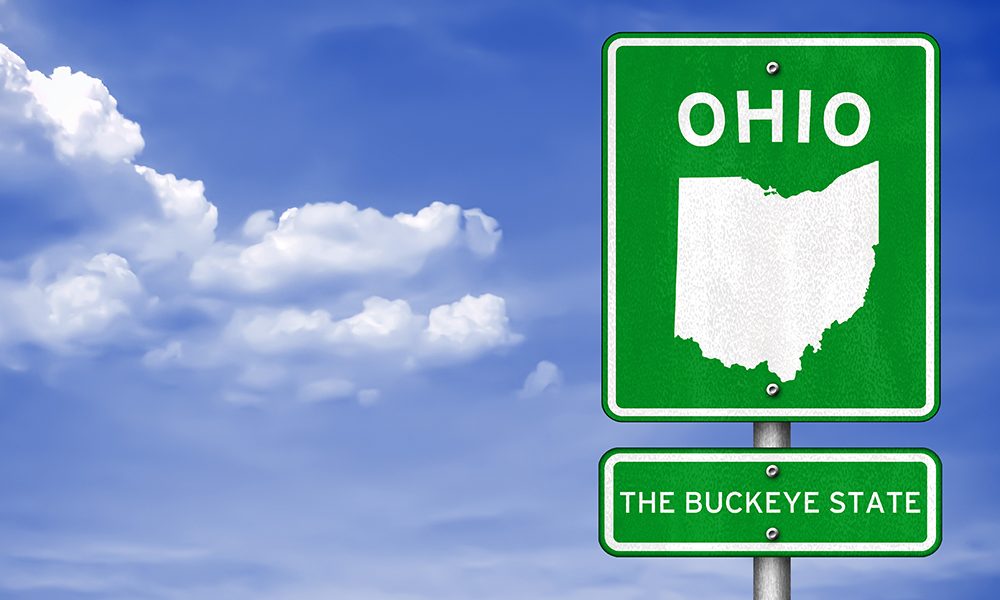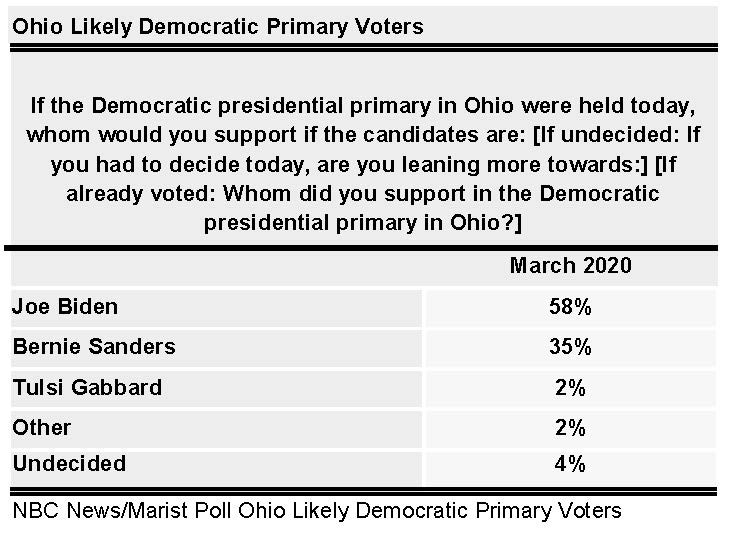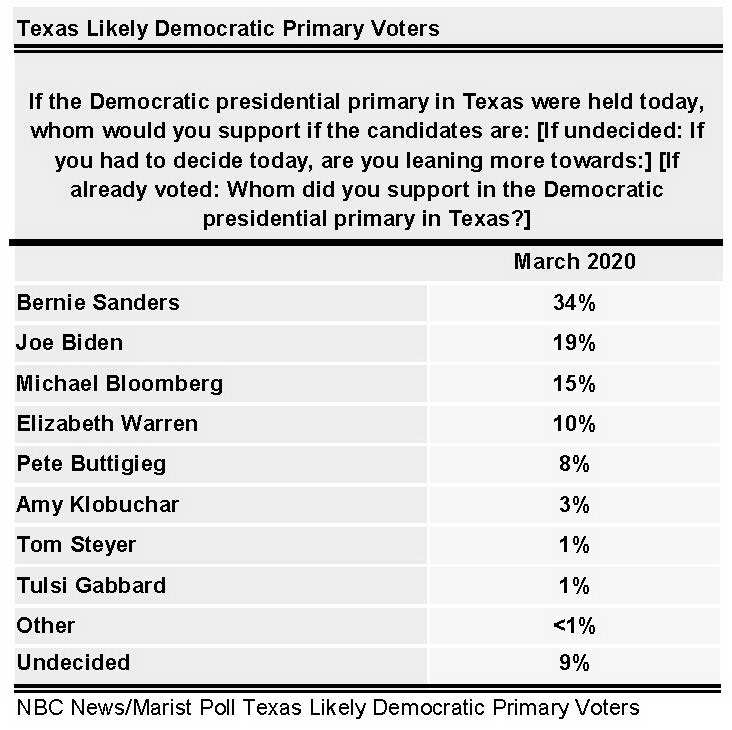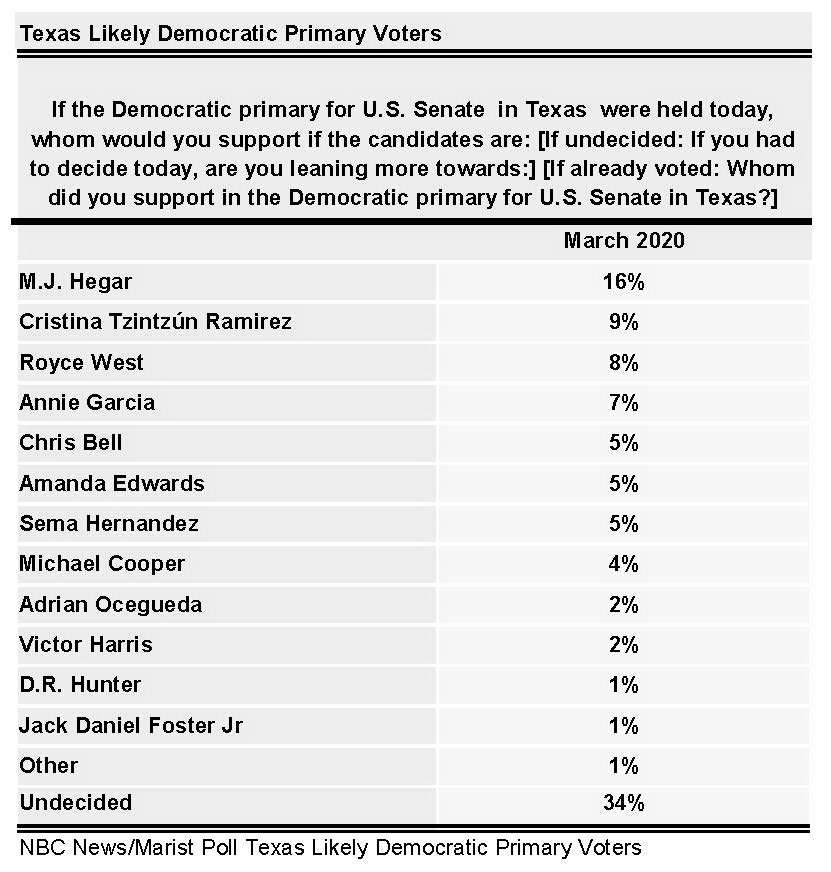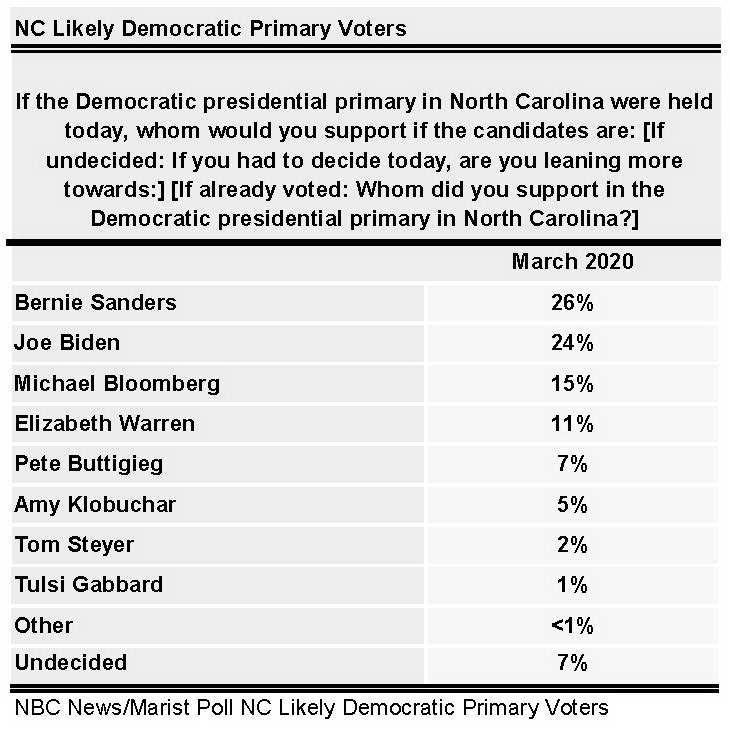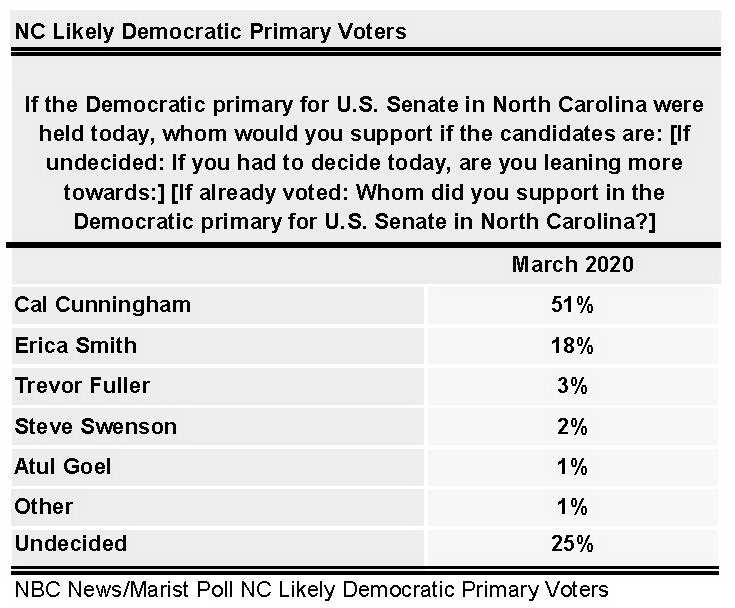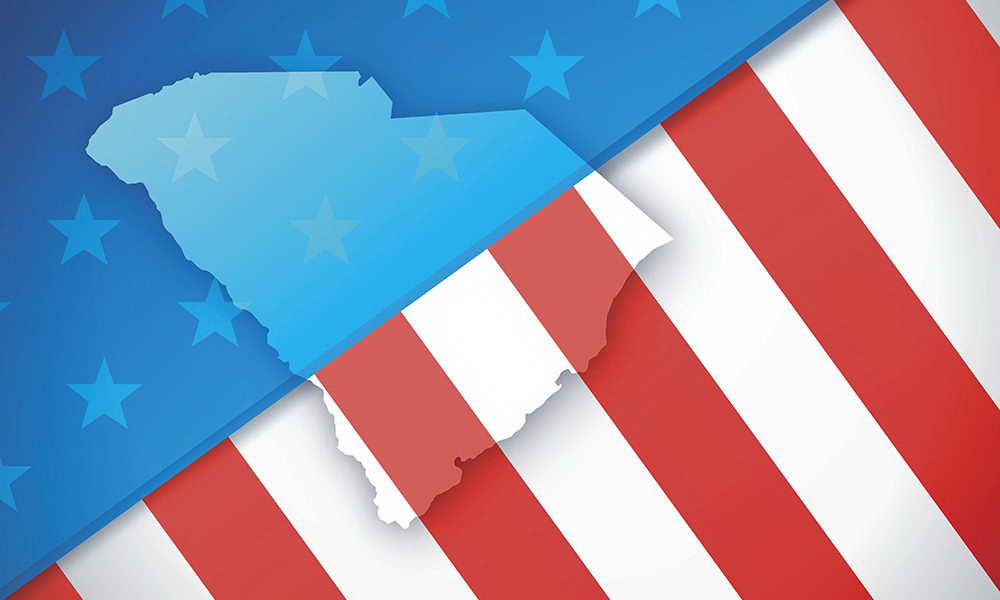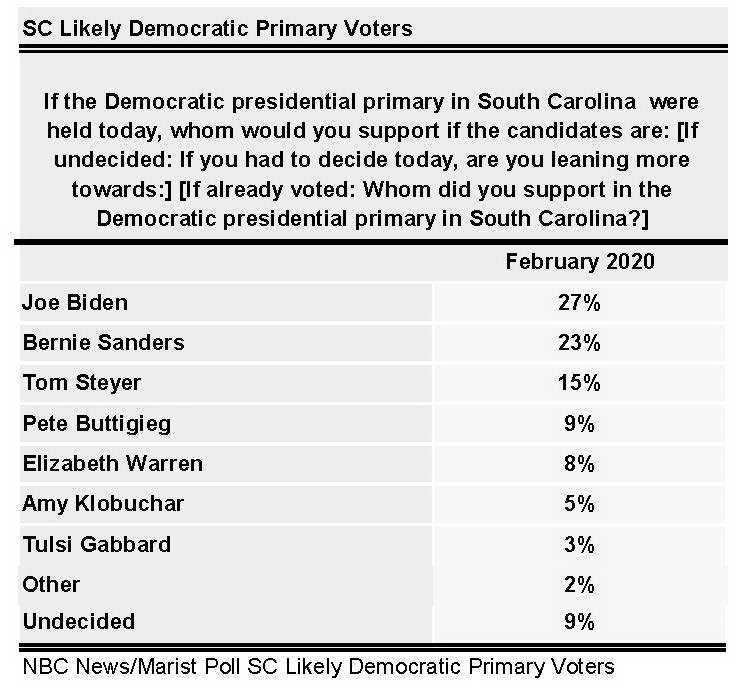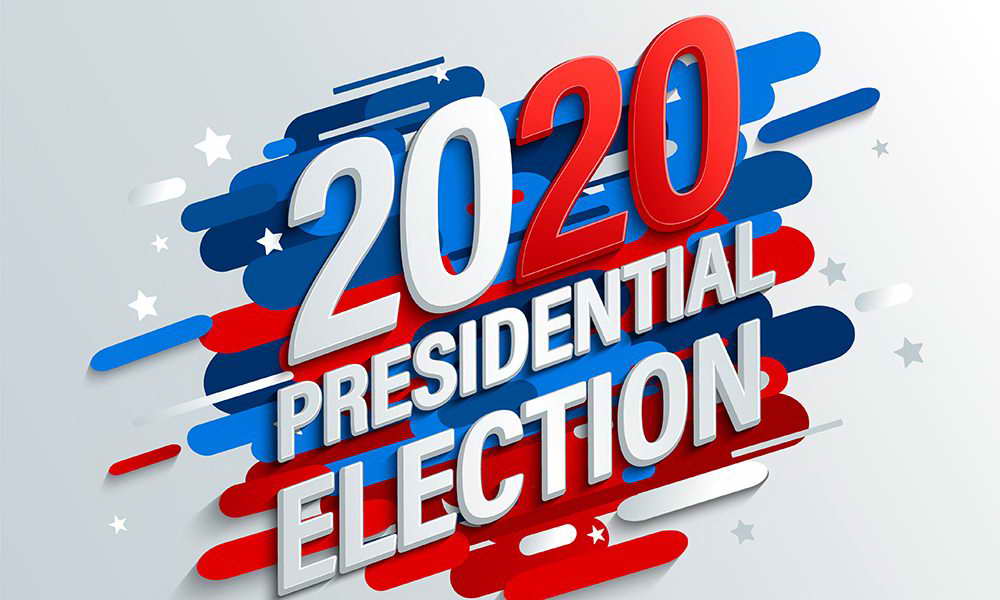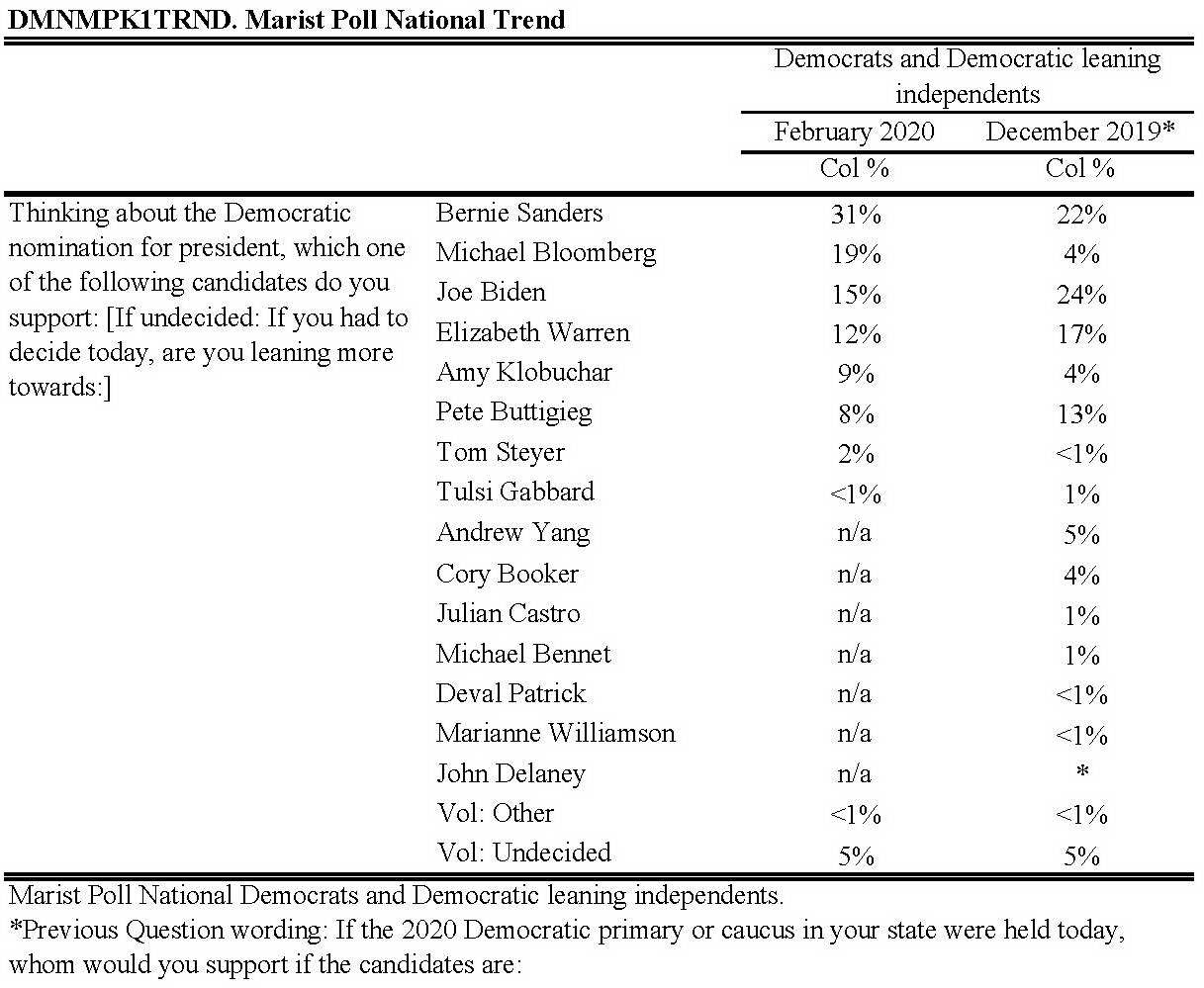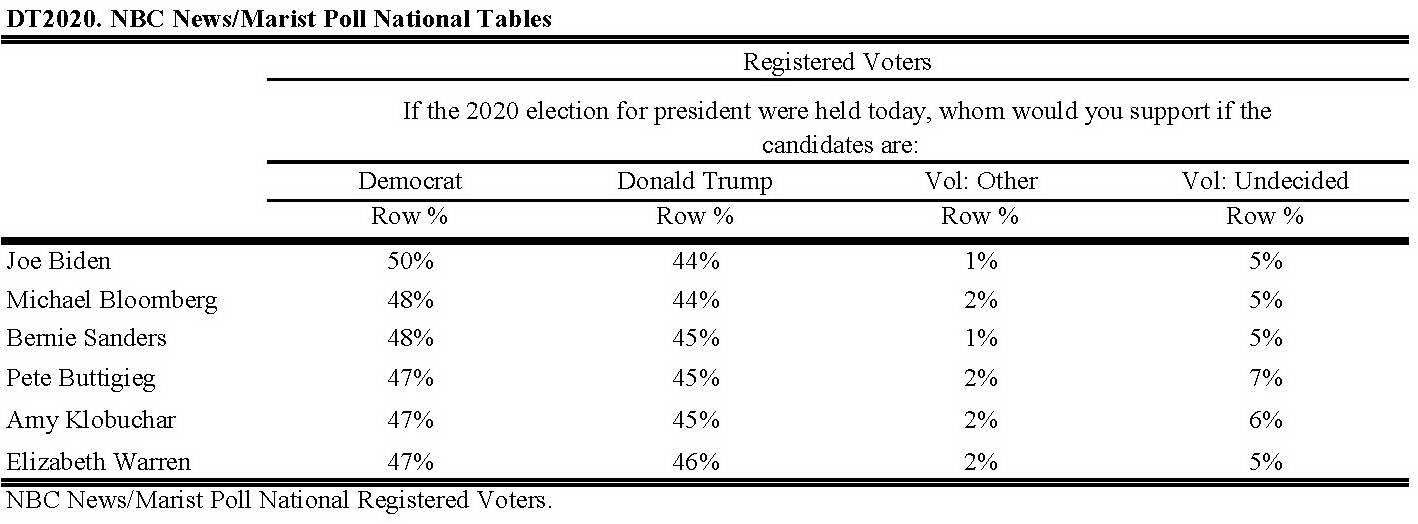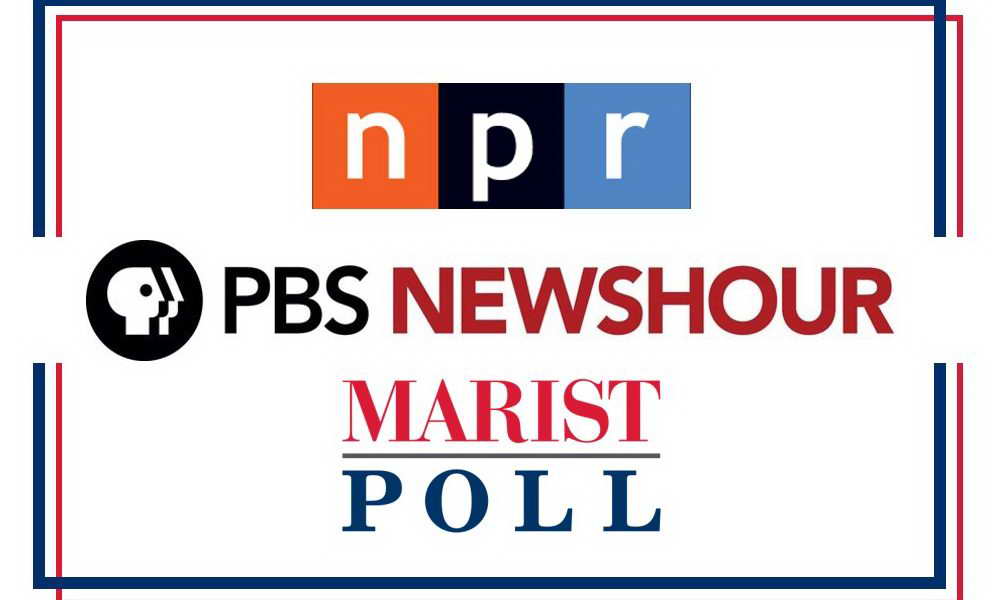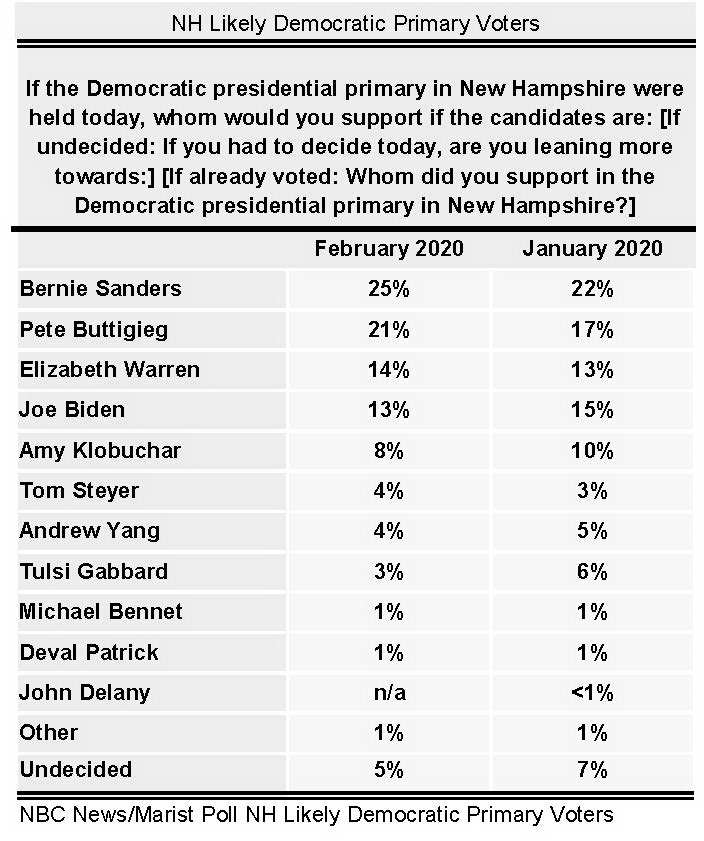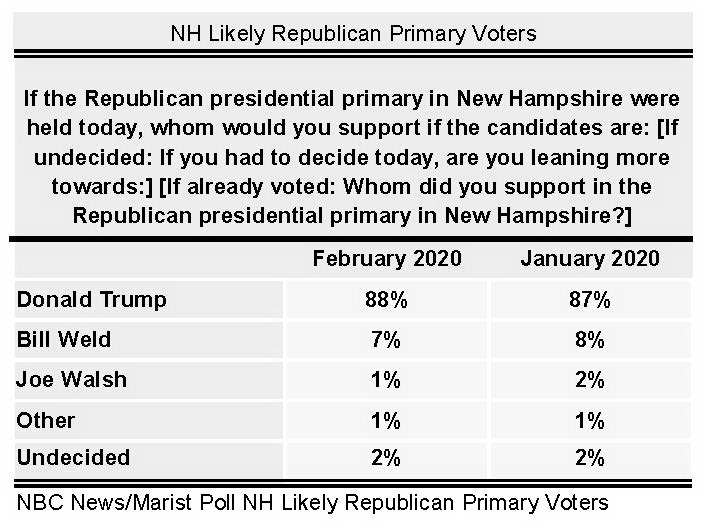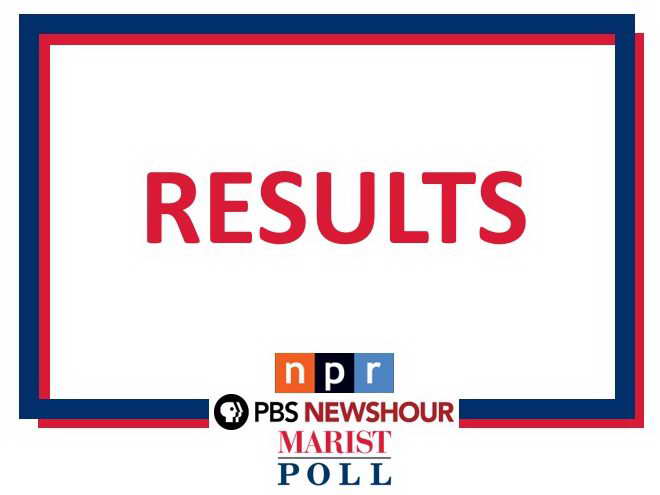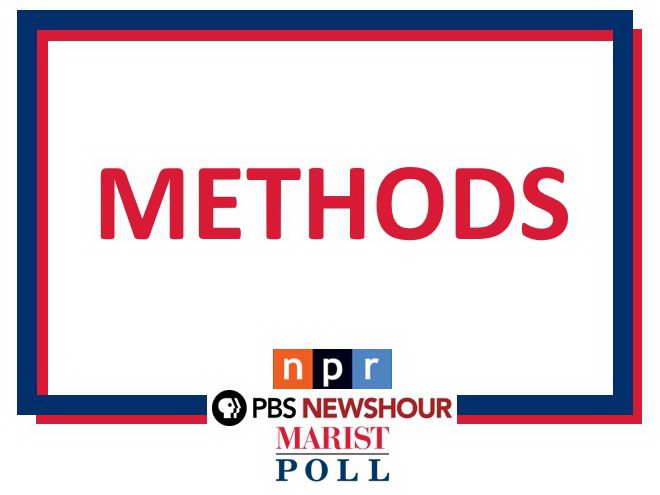In the Democratic primary contest in Arizona, Joe Biden (53%) surpasses Bernie Sanders (36%) by 17 points among likely Democratic primary voters statewide including those who are undecided yet leaning toward a candidate or who have already voted. Only 7% of the likely Democratic electorate are persuadable. That is, they are either undecided or might change their minds before casting a ballot.
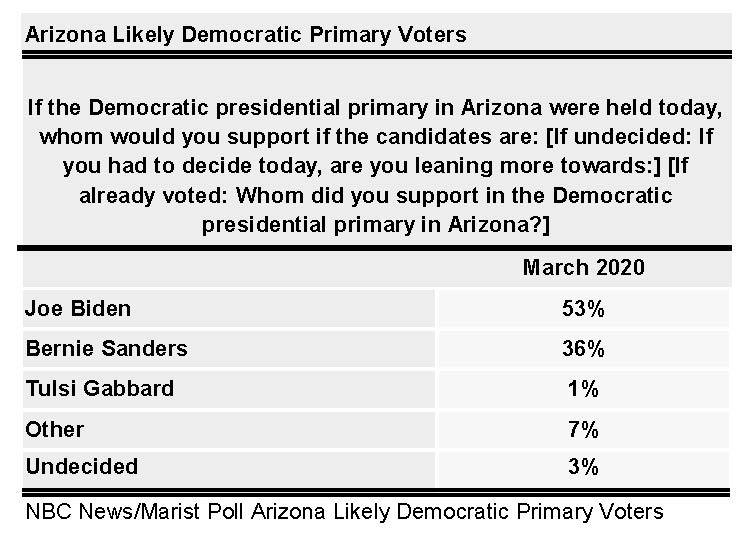
Among early voters, Biden (53%) leads Sanders (33%) by 20 points. Among likely voters who have yet to cast a ballot, Biden (53%) leads Sanders (39%) by 14 points.
Biden bests Sanders among likely Democratic primary voters who identify as moderate (+47 points), white voters (+29 points), and those who are age 45 or older (+44 points). Regardless of gender, Biden leads Sanders. Biden’s lead among women (+23 points) is more than twice his lead among men (+10 points).
Sanders has the advantage over Biden among likely Democratic primary voters who identify as progressive (+14 points), who are Latino (+16 points), and those under the age of 45 (+36 points).
74% of likely Democratic primary voters with a candidate preference say they strongly support their choice of candidate. 75% of Biden’s supporters and 72% of Sanders’ backers express a strong commitment to their choice of candidate.
Arizona residents divide about the job performance of President Donald Trump. 47% approve, including 32% who strongly do so. 45% disapprove. This includes 34% who strongly disapprove of how the president is doing his job.
In a hypothetical general election matchup against President Trump, Biden (47%) and Trump (46%) are in a statistical tie among registered voters in Arizona. Five percent are undecided. Biden (61%) has an overwhelming lead against Trump (30%) among Latino voters. He is also ahead of Trump among voters under the age of 45 (+9 points), independents (+8 points), women (+8 points), and white college graduates (+7 points).
Trump (53%) is ahead of Biden (42%) among white voters, including white men without a college degree (+37 points). Among men overall, Trump is +7 points over Biden. Voters age 45 and older divide. 49% of these voters support Trump, and 45% are for Biden.
When matched against Sanders, Trump receives 48% of the vote to 45% for Sanders. Trump (55%) outpaces Sanders (38%) among white voters, including white men without a college degree (+40 points). The president also has an 11-point advantage over Sanders among voters 45 or older and among men overall.

Sanders outdistances Trump among Latino voters (+26 points) and has a double-digit lead against Trump among voters under the age of 45 (+11 points). Sanders (46%) has a slight edge against Trump (41%) among independent voters. 11% of independents are undecided. Among women, Sanders (49%) has a 5-point edge against the president (44%).
While Trump (63%) has a wide lead over Sanders (31%) among white voters without a college degree, white voters with a degree divide. 47% support Sanders, and 46% are for Trump.
“Arizona is likely to attract a great deal of attention as a competitive Sunbelt state for the general election,” says Dr. Lee M. Miringoff, Director of The Marist College Institute for Public Opinion. “As much as the presidential battle for the state’s 11 electoral votes will attract headlines, the contest for Arizona’s U.S. Senate seat will be pivotal in determining the makeup of the next senate.”
In the U.S. Senate race in Arizona, Democrat Mark Kelly (48%) and Republican Martha McSally (45%) are competitive among registered voters statewide. Among independents, 50% support Kelly, and 39% are for McSally. 10% are undecided.

Looking ahead to November’s congressional elections, 47% of registered voters say they prefer a Congress controlled by Republicans. 42% want one controlled by Democrats, and 11% are unsure. Of note, there is little consensus among independents. 39% want a Congress controlled by Republicans while 37% want one with Democrats in charge. Nearly one in four (24%) are unsure.
Complete March 16, 2020 NBC News/Marist Poll Release of Arizona
Complete March 16, 2020 NBC News/Marist Poll of Arizona (Annotated Questionnaire)
Complete March 16, 2020 NBC News/Marist Poll of Arizona (Tables)



